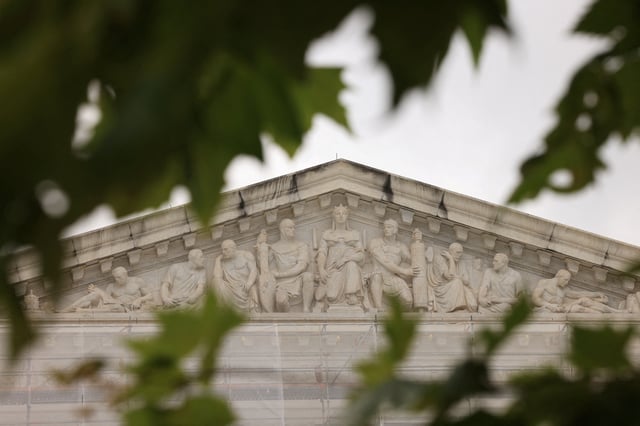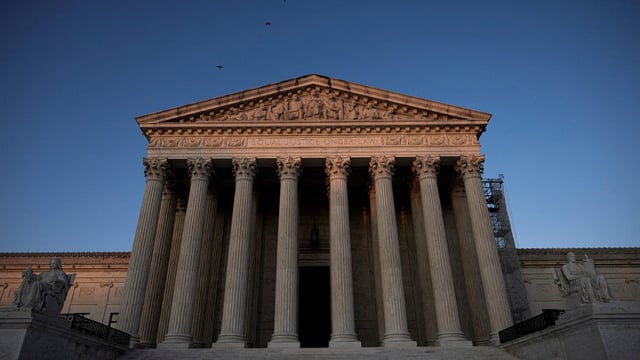Overview
- The Supreme Court ruled 8–1 that Karyn Stanley cannot sue the City of Sanford under the ADA for reduced health benefits following her 2018 disability retirement.
- Justice Neil Gorsuch wrote that the ADA’s definition of “qualified individual” applies only to people holding or seeking employment at the time of discrimination claims.
- Stanley retired at 47 after a Parkinson’s diagnosis; a 2003 policy reduced her insurance subsidy to two years instead of coverage until age 65.
- Justice Ketanji Brown Jackson dissented, warning the decision undermines disability rights and urging congressional action to extend protections to retirees.
- Justice Sonia Sotomayor noted that retirees might still bring ADA claims if they can show discriminatory benefit decisions occurred while they remained qualified employees.


